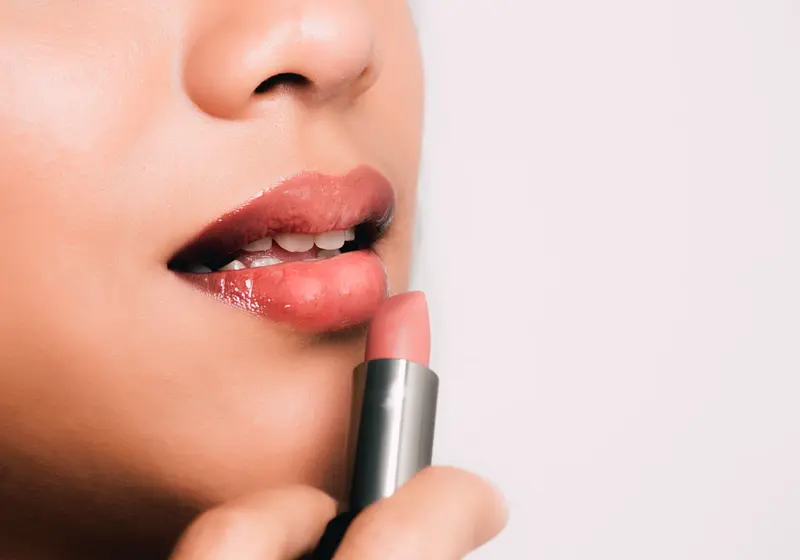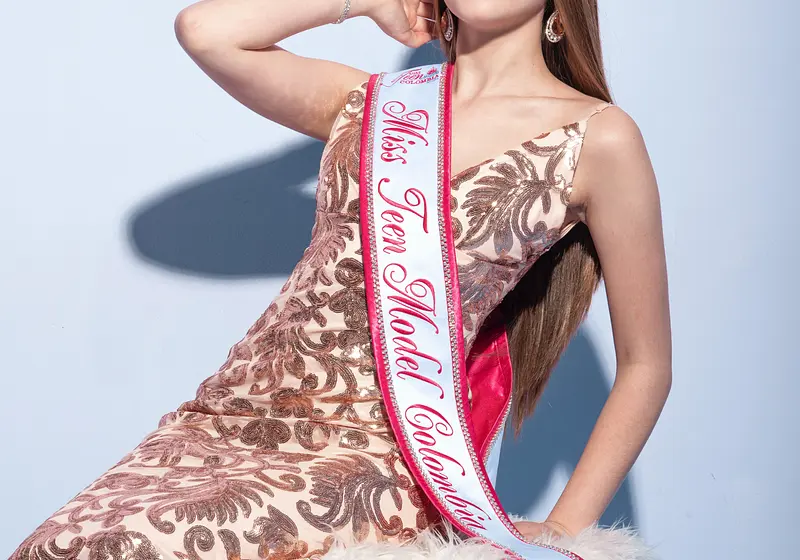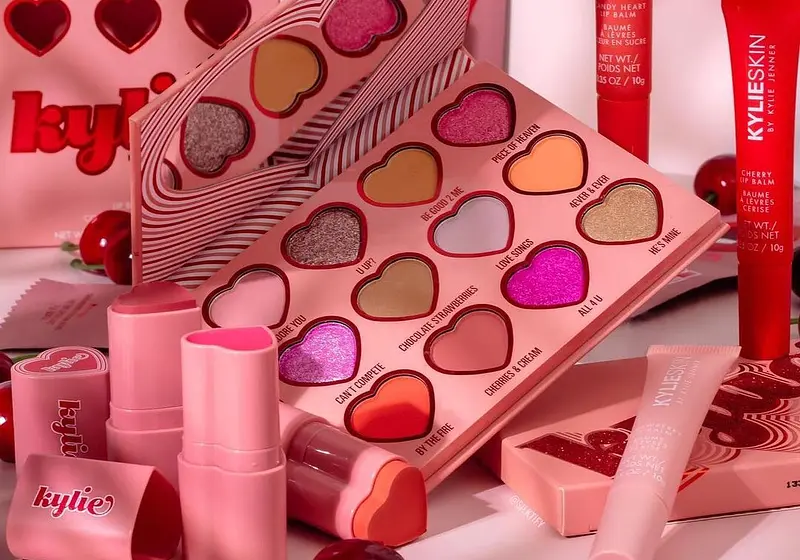Pretty privilege is an extremely popular topic on TikTok right now—and for good reason. Despite our best intentions, it is clear that appearances do matter and affect all of our lives tremendously. Although pretty privilege may seem to greatly benefit attractive people and only tear down those considered less attractive, it is actually detrimental for everyone.
Let us slide into your dms 🥰
Get notified of top trending articles like this one every week! (we won't spam you)What Is Pretty Privilege?
To define "pretty privilege", it is essential to first understand what "pretty" means in today's world. Our society places an exorbitant emphasis on Eurocentric and fatphobic beauty standards, which creates the ideal of tall, thin, white, and able-bodied. The lucky few that fit these narrow standards are able to enjoy preferential treatment and more opportunities, while those considered less attractive are often ignored and perceived negatively.
Although pretty privilege is a widely known and accepted phenomenon, it is often seen as less problematic than other forms of biases. We often fail to acknowledge it because all of us are guilty of forming judgments based on appearances.
From a young age, we have been taught to strive for beauty. We are constantly surrounded by diet advertisements, toxic fitness culture, and exceedingly thin models. Beauty is such an ingrained part of our culture that we automatically form impressions of others from their looks. The issue of pretty privilege arises when these biases lead to the obvious elevation and degradation of certain groups.
Take the Quiz: Which Indian city is the perfect holiday spot for you!?
Let's match you with an Indian city that you would love!
The Halo Effect
The often unearned advantages that good-looking people receive stem from the belief that they are inherently better than their less attractive counterparts. This can be explained by the halo effect, a cognitive bias that occurs when a positive impression of a specific trait, such as appearance, influences our overall judgment of a person.
Because of this bias, we tend to see beautiful and handsome people as more skilled in other aspects of life as well. We consider beauty to be the epitome of goodness and associate it with greater intelligence, economic success, social status, and health.
The halo effect is also very evident in popular culture; more specifically in the children's entertainment industry. Many movies and books, such as Disney princess films, depict the protagonist as a stunning hero and the antagonist as a hideous villain. This type of portrayal causes the audience themselves to correlate beauty and goodness, which is especially harmful as the viewers are young children and will grow up believing this skewed impression.
Real-World Consequences
There are countless studies that demonstrate the significance of beauty in our views and treatment of others. Pretty privilege and the halo effect lead to unfairness in education, jobs, politics, and every other aspect of life.
Inaccurate first impressions can result in both teacher and hiring bias, where certain individuals are favored because of their perceived academic and social superiority. The same trend can be seen in the workplace, with attractive workers earning about 12-14% more than less attractive individuals. Good-looking individuals are also more likely to climb the corporate ladder and be chosen for a leadership position because of their inherent ability to appeal to our beauty-driven world. Furthermore, handsome and beautiful CEOs often cause stocks to rise and are thus considered to be more valuable to shareholders.
Pretty privilege also plays an immense role in the legal system. Attractive people are less likely to be convicted of crimes and tend to receive lighter punishments if they are. A 2010 paper by Cornell University researchers found that on average, jurors influenced by emotion and their personal experiences sentenced less attractive defendants to 22 months longer prison sentences. Even in a place as supposedly unbiased as the courtroom, beauty still has a tremendous impact.
Pretty Privilege On TikTok
With #prettyprivilege accumulating over 150 million views on TikTok, more people are becoming aware of the countless examples of attractiveness bias in everyday life. In the most popular of these videos, model Madeline Ford revealed that models and influencers often receive exclusive "beauty passes" for free meals, products, and treatments.
@madelineaford ##stitch with @sandraadly_ back at it again to expose the secret life of being a model <3 ##prettyprivilege ##model ##fyp
♬ original sound - @madelineaford
TikTok has also revealed the other side of pretty privilege: the mistreatment of those considered less attractive. This difference is especially obvious for those who have been seen as beautiful and ugly at different points in their lives. A TikToker revealed that after a major physical transformation, "All of a sudden, all these good deeds start happening to me the moment I look like this".
@mermaidkeels ##stitch with @lizagnabathwater honestly, this isn’t talked about as much as it should be ##FYP ##prettyprivilege ##weightloss ##transformation ##VSG ##rant
♬ Body (Remix) [feat. ArrDee, E1 (3x3), ZT (3x3), Bugzy Malone, Buni, Fivio Foreign & Darkoo] - Tion Wayne & Russ Millions
The Hidden Danger
Although pretty individuals may be able to reap the benefits of their beauty, they also experience degradation because of it. Attractive people, especially women, are often reduced to just their looks, with no other skills or value. Their achievements are discredited and attributed not to their talent or hard work, but solely to their appearance.
In fact, unlike men, attractive women tend to be seen as less honest leaders, most likely due to the "trope of the evil seductress: a subconscious anxiety among people of both sexes that beautiful women will use their looks to manipulate people, mostly men". This stereotype can also be seen in women who do not hold leadership positions.
In 2010, dental assistant Melissa Nelson was fired because her boss was becoming attracted to her and saw her as a threat to his marriage and work. Although Nelson filed a gender discrimination suit against her boss, the Iowa Supreme Court ruled that it is not against the law to fire someone "simply because the boss views the employee as an irresistible attraction".
Combating Pretty Privilege
Although pretty privilege is very real and dangerous, we can prevent it from having power over us. By focusing on character over physical appearance, we can value the truly important and fulfilling aspects of life.
However, this does not mean that we should ignore our biases; in fact, just the opposite. We should acknowledge that our prejudices exist but actively try to be as open and fair as possible. We all deserve to be appreciated and acknowledged for who we are, regardless of what we look like. Together, we can work to end pretty privilege and create a more inclusive, sincere, and vibrant world.














